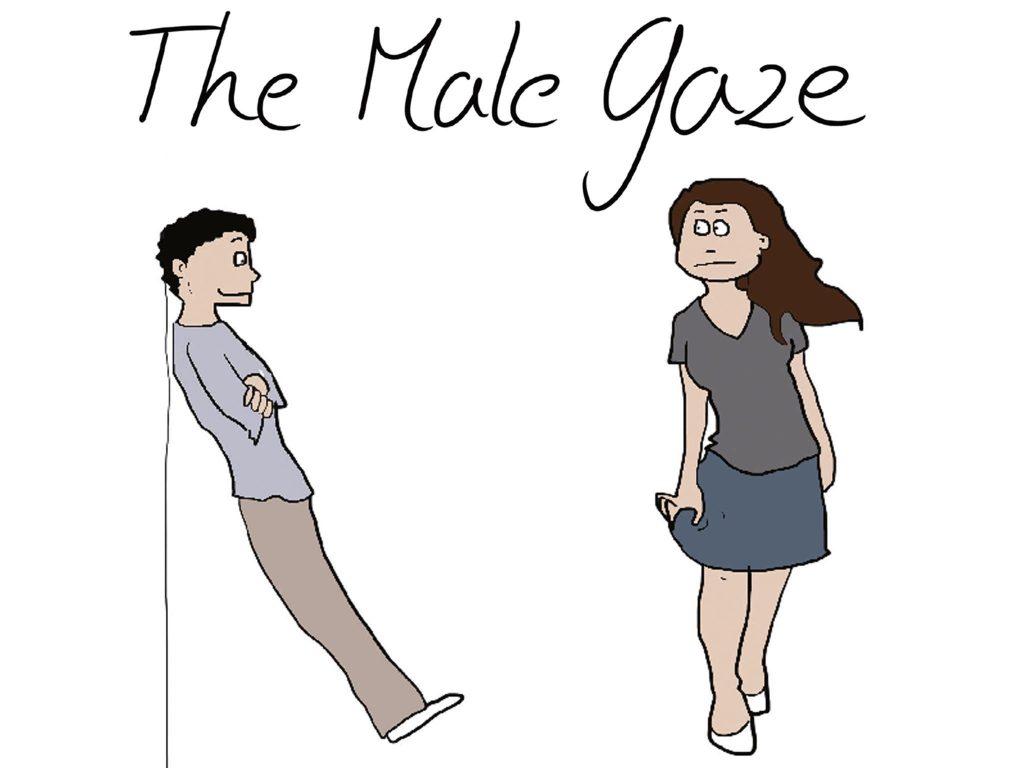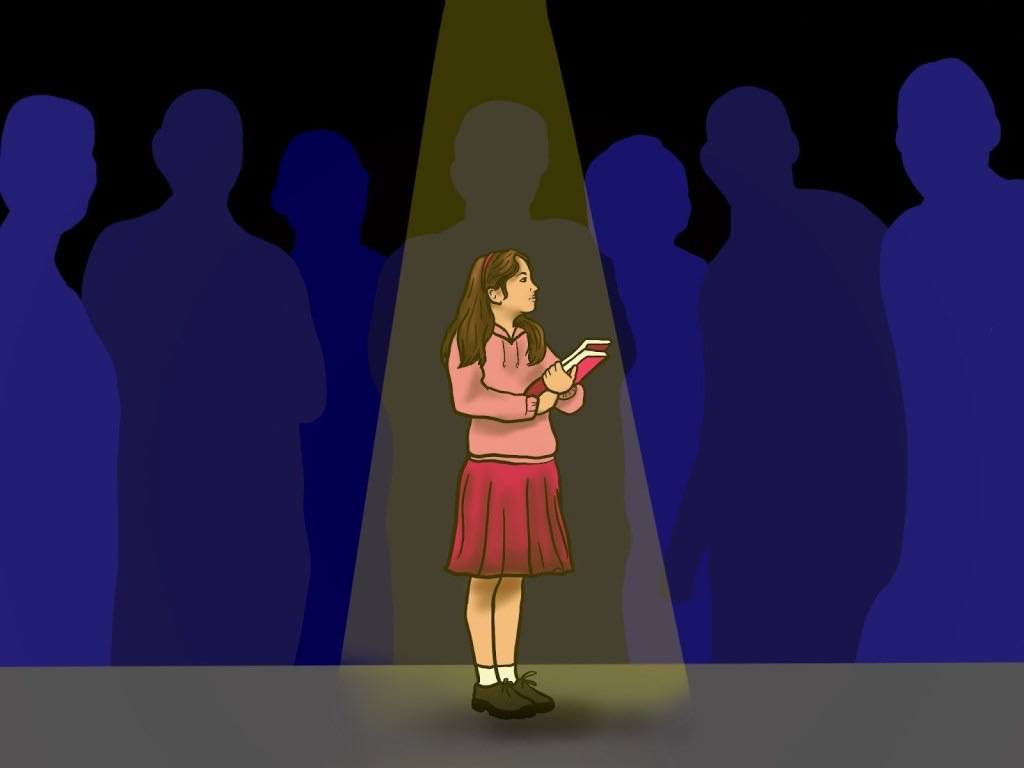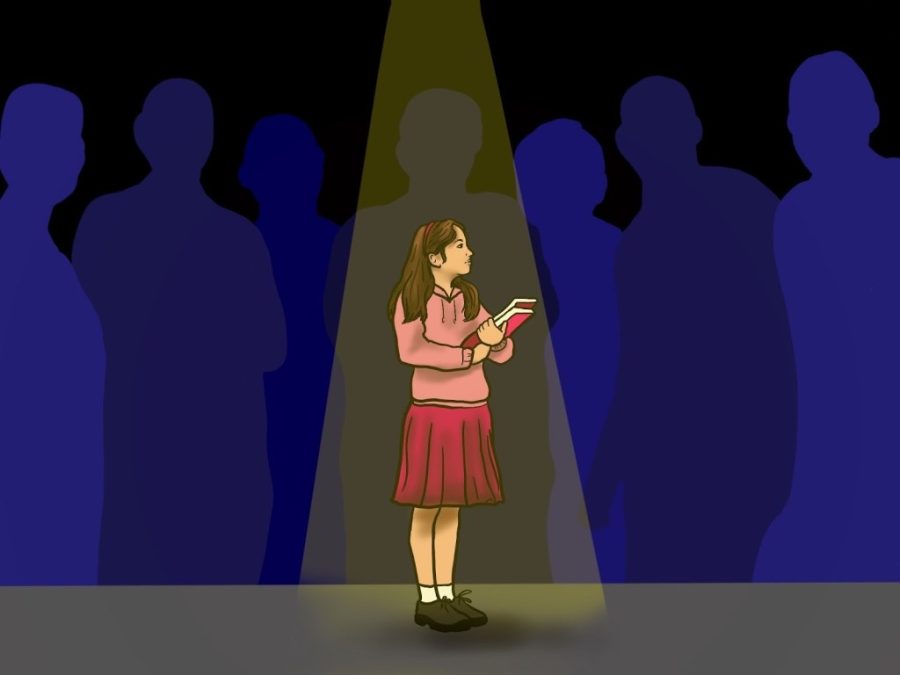In patriarchal images, women are always seen, consumed and statuesque, while feminist film and television subvert the solidified weaving of women’s images in traditional male texts by destroying men’s visual pleasure. However, some feminist directors who have been in the traditional patriarchal cultural structure for a long time are unable to get rid of the subconscious shadow of male power and patriarchy, while some are radicalised to consume men in the extreme, all of which leads to the difficulty of women’s true expression, and women’s self-image cannot help but suffer from obvious inherent defects such as being either overly strong or ambiguously fragile.

However, there are obvious shortcomings in the way women film and television creators explore women’s destiny and construct women’s self-worth. Most female writers and directors hide their gender identity and do not focus on women, which makes their works unrecognisable in terms of material, story, characters, narrative style and camera language. In the minds of these female film and television practitioners, the topic of women is an excessive cultural and spiritual luxury in contemporary society that cannot yet be put on the agenda. As a result, they have chosen major social, political and historical themes to create grand narratives for film and television. There is no doubt that they are producers of mainstream or arthouse films and videos rather than experimentalists and challengers of marginal or anti-cinema. As a result, they have become major winners of various film and television awards.
While enjoying this honour, they ignore the fact that as female choreographers and directors they should be obliged to advise on the development of the white female body. If a film is to be personalised, it must contain the director’s self, first as a gender and then as an individual within that gender. How can there be true individuality if gender disappears? And the loss of gender is precisely the practical path commonly taken by female film and television practitioners today.The difficult situation of women’s discourse in mass communication reflects the efforts of the contemporary mass media in trying to change its own female bias and reconstruct women’s discourse, and also explains the multiple obstacles that the media face in this process.

Criticism of sexism in mass communication from a feminist perspective is not essentially a criticism of “men”, since not all men hold patriarchal views and not all women are against patriarchy. True emancipation of women does not mean a return to the oppression of men from an antagonistic point of view, but rather a favourable state of harmony, equality and mutual respect between the sexes.
Reference:
Oliver, K. (2017) ‘The male gaze is more relevant, and more dangerous, than ever’, New Review of Film and Television Studies, 15(4), pp. 451–455.
Snow, E. (1989) ‘Theorizing the male gaze: Some problems’, Representations, 25, pp. 30–41.


This essay explores some of the issues of feminist film and television and female film and television creators. Patriarchy and traditional attitudes have a strong influence on female film and television creators.So we need to pay more attention to female topics and show our individuality and gender identity.